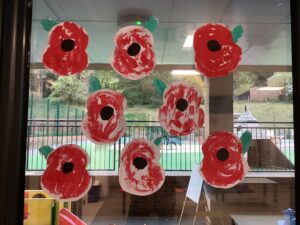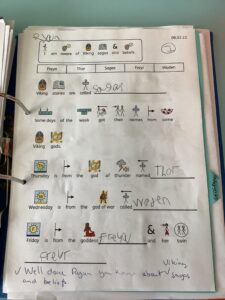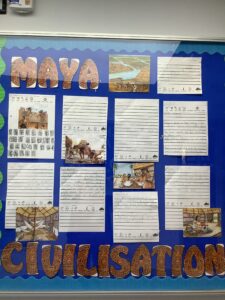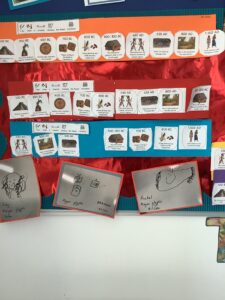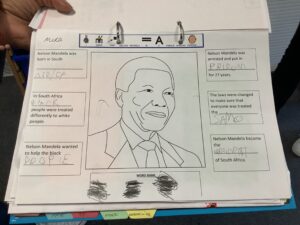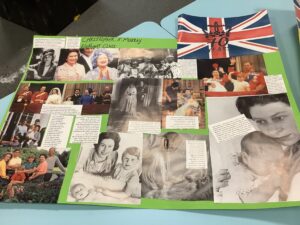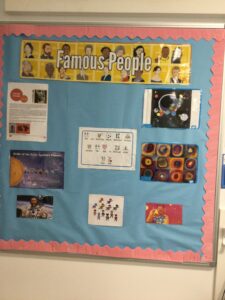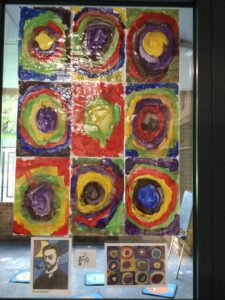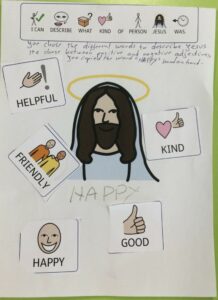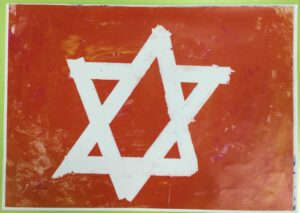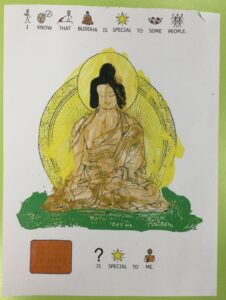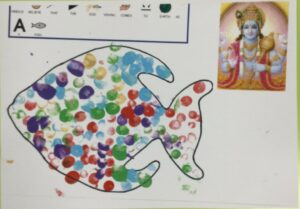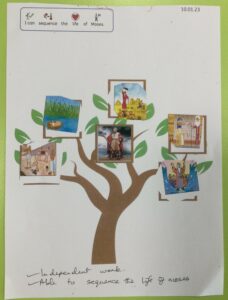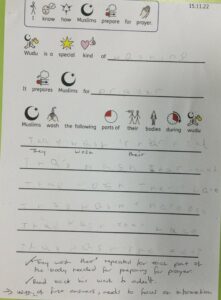Geography At St Nicholas
What does Geography look like at St Nicholas?
Geography is a foundation subject at St Nicholas School taught as a discreet subject primarily but also across other curriculum areas. We plan our Geography curriculum in accordance with the EYFS ‘Development Matters’ Document and the 2014 National Curriculum Geography Programme of Study. Children in Reception and Key Stage 1 follow the EYFS curriculum so Geography (Knowledge and Understanding of World) is taught through a play-based approach. In Key Stage 2, we follow an adapted national curriculum.
In the Early years, pupils are encouraged to observe the space around them. They learn through real experiences and relate these to their play. They develop an awareness of their immediate environment and the features within it. The Geography curriculum is under the umbrella of Understanding of the World and is organised on a topic basis. Children cover the three aspects of physical, human and environmental Geography.
In Key Stage 2, Geography is about developing knowledge, skills and understanding relating to people, places and environments at different scales, both locally and overseas and an appreciation of how places relate to each other and the wider world.
Throughout the year we celebrate themed weeks to enhance children's geography learning, including International Week where we learn about food and cultures from around the world and Recycling Week when we learn about looking after our planet.
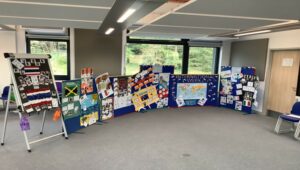

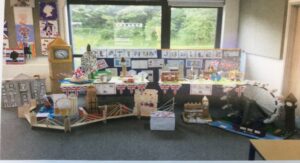

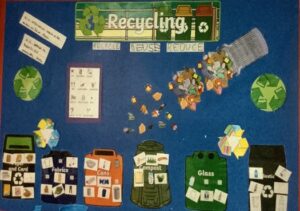

History At St Nicholas
What does History look like at St Nicholas?
In the Early Years, our History curriculum is under the umbrella of ‘Understanding of the World’ and is organised on a topic basis. Pupils are encouraged to develop an understanding of the past and present through hands-on experiences and personal discovery.
In Key Stage 1, History is focused on the individual, giving the pupil a chance to investigate their personal history and cultural background. The study of traditional stories is imperative in giving the pupil a chance to experience lives and lifestyles of familiar people and characters. Children look for similarities and differences between life today and in the past.
In Key Stage 2, History is about people and important events and development from recent and more distant times in the locality, in Britain and in other parts of the world. Children enjoy practical experiences of these developments, including outings to historical places and visitors coming to the school with artefacts for the children to explore.
Every teacher will make their history lessons inclusive, through their planning and consider ways of minimising or reducing barriers, so that all pupils can fully take part and develop their own learning.
Teachers across all key stages will support the children with additional adults to scaffold pupils’ learning, allowing them over time to begin to work independently. Other ways of supporting children is the use of multi-sensory approaches, visual timetables and devices that indicate the structure and progress of lessons. Use of Role Play/ Drama / relating to relevant stories and personal experiences and making cross-curricular links with other subjects.
RE at St Nicholas
What does RE look like at St Nicholas?
At St Nicholas we strongly believe that Religious Education is an integral part of the basic school curriculum as it gives the children opportunity to learn about the nature of religious beliefs and practices as well as the importance and influence of these in the lives of believers. Further, it makes a vital contribution to the spiritual, moral and cultural development of pupils by promoting commitment, open mindedness, respect, self-esteem, appreciation and wonder.
We aim to promote a caring and stimulating environment in which the children are encouraged to develop a respect for themselves and others while co-operating with adults and children alike. We plan our Religious Education curriculum in accordance with the Croydon Agreed Syllabus, linking where possible to the WQUALS scheme of work. We ensure that the topics studied in RE built upon prior learning and ensure that there is planned progression built into the scheme of work. We help the children learn from religions as well as about religions while enabling them to experience and to develop a knowledge of not only Christianity but other major world religions and faiths as well.
Early Years (Reception, Year 1 and Year 2): RE is delivered thought topics and objectives are takes from the PSED and Understanding of the World areas of the EYFS curriculum. RE in the Foundation Stage is about celebrating religions and festivals and exposing the children to the values and beliefs of others.
Key Stage 2: Christianity, Buddhism, Hinduism, Islam, Judaism and Sikhism. At St Nicholas the curriculum is delivered through discrete lessons taught either weekly or fortnightly.

